How To Become A Data Scientist After 12th
4.8 out of 5 based on 10528 votesLast updated on 2nd Jul 2024 19.33K Views
- Bookmark

This web blog discusses how you can become a Data Scientist after the 12th. Let’s have a look at the steps you must follow to become a data scientist.

This is a data-driven age and there is a great demand for skilled professionals in data science who can extract insights from this data. Data Scientists are an asset for a company and they play a crucial role in this domain. They have to work on statistics, computer science, and machine learning to unlock the power of data. It is an ideal career to consider if you are interested in analyzing and examining data. This article will enlighten you on the steps for becoming a data scientist after completing your 12th class. Many institutes provide the Data science Online Course and enrolling in them can help you become a data scientist and follow this career path. Let’s have a look at the necessary steps you have to follow to become a data scientist after completing 12th.
Building a Strong Foundation
The first thing you have to do to become a data scientist is to have a solid foundation in mathematics, science, statistics, and computer science. Focus on specific subjects like calculus, linear algebra, probability and statistics, physics, chemistry, and computer programming. Developing expertise in these subjects will provide you with core analytical and problem-solving skills. Skills in mathematics will teach you various problem-solving techniques and statistics will teach you the methods for data analysis and experimentation. It’s a plus point if you have engineering disciplines in branches like electrical, computer, or mechanical engineering.
Learn Programming Languages
The Data Science career field is 90% technical and 10 % theoretical. Therefore, it requires you to be proficient in various programming languages. Along with programming languages, you also need to learn the concepts of data analysis and visualization tools like Pandas, NumPy, Matplotlib, and Seaborn in Python, Data Engineering Course and ggplot2 in R. Furthermore, you are also required to learn various libraries such as Scikit-learn in Python and caret in R. Here are the primary languages you need to learn for data science.
- Python- It's well known for its readability, extensive libraries, and large community support.
- R- It is a popular programming language useful for managing statistical computing and data visualization.
- SQL- This language is useful for querying and manipulating the data stored in relational databases.
- Java- It provides users a strong object-oriented programming principles which are valuable for big data platforms.
Machine Learning and Statistics
This refers to a subset of artificial intelligence and using it allows computer systems to learn from data without programming. This is a core aspect of data science and it allows you to build the models for making the predictions, identifying the patterns, and classifying data. You have to learn all three types of machine learning which are as follows:
- Supervised learning- It consists of learning the Algorithms from the labeled data to make predictions for future unseen data.
- Unsupervised learning- In this type of machine learning, the Algorhytims cover the patterns and structures in unlabelled data.
- Deep learning- This is a subset of ML that uses artificial neural networks with multiple layers to learn complex patterns from data.
Also Read These:
Artificial Intelligence and Machine Learning
Machine Learning and Deep Learning
Machine Learning Interview Questions and Answers
Get Advanced Degrees
This step will help you get a higher position in your company for senior job roles. Gaining a bachelor's degree will provide you with a solid base and foundation. While pursuing a master's degree or Ph.D. in relevant subjects like data science, statistics, computer science, or a related field can offer numerous advantages. You will get in-depth knowledge of specific areas of data science. Along with this, you will be able to learn topics like natural language processing, computer vision, or big data analytics. The master's degree will also provide you with many opportunities to participate in research projects under the guidance of experienced faculty.
Gain Practical Experience
Now after completing your education, you have to work on gaining practical experience through internships or entry-level positions. You can opt for job positions like data analyst, business analyst, or research assistant. These entry-level job positions will provide you with hands-on experience and will help you in working with real data. Furthermore, you will also learn how to solve the problems and collaborate with the multidisciplinary teams. Along with practical experience, you also have to remain updated with the latest developments & trends in data science.
Build Professional Relationships & Apply for Jobs
Attend conferences and networking events to meet professionals and make professional relations. This will help you connect with data scientists, recruiters, and professionals on professional networking platforms like LinkedIn. You can also apply for the data scientist positions by tailoring your resume and highlighting your relevant skills, experience, and projects. Also, remember to prepare for technical interviews by practicing coding challenges, machine learning algorithms, and case studies.
Conclusion
The ever-growing importance of data has opened a door to a rewarding career path. If you've just completed your 12th standard and possess a knack for math, science, and problem-solving, then this field might be the perfect fit for you. While a specific degree isn't mandatory, a strong foundation in quantitative subjects like mathematics, statistics, and computer science is crucial. Along with this, proficiency in programming languages like Python, R, SQL, and Java is essential. To further know about it, one can visit Data scientist Course in Gurgaon. Furthermore, understanding machine learning concepts like supervised learning, unsupervised learning, and deep learning equips you to extract valuable insights from data. Following your academic journey, consider pursuing internships or entry-level positions as a data analyst, business analyst, or research assistant. This practical experience will solidify your skills and prepare you for the challenges of the field. To stay ahead of the curve, continuously update yourself with the latest trends and technologies through online courses, conferences, and professional communities. Above all, after doing these, build your network by attending industry events and connecting with professionals on platforms like LinkedIn. Having a strong portfolio will showcasing your projects and will help you launch a successful career as a data scientist.
Subscribe For Free Demo
Free Demo for Corporate & Online Trainings.
Your email address will not be published. Required fields are marked *
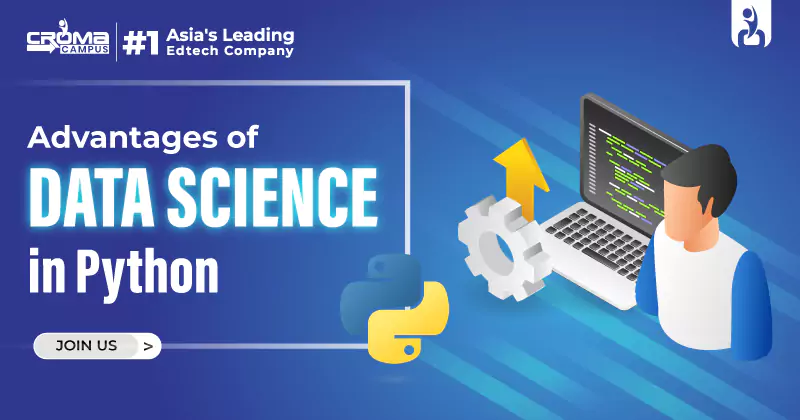
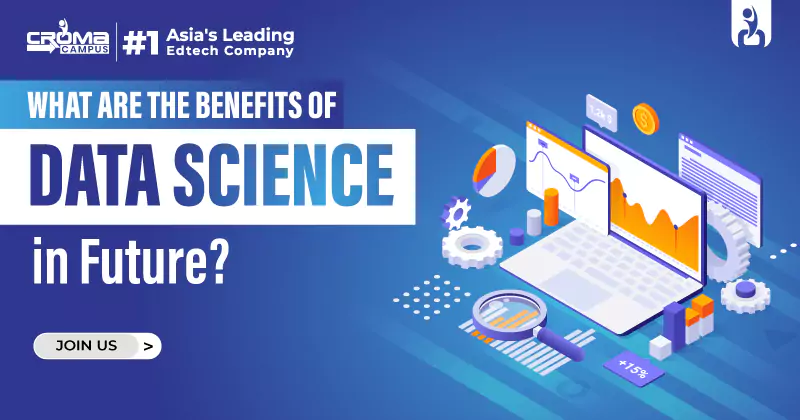
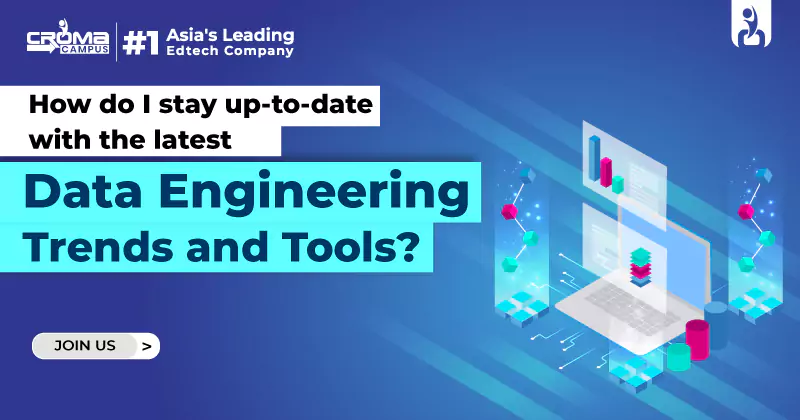
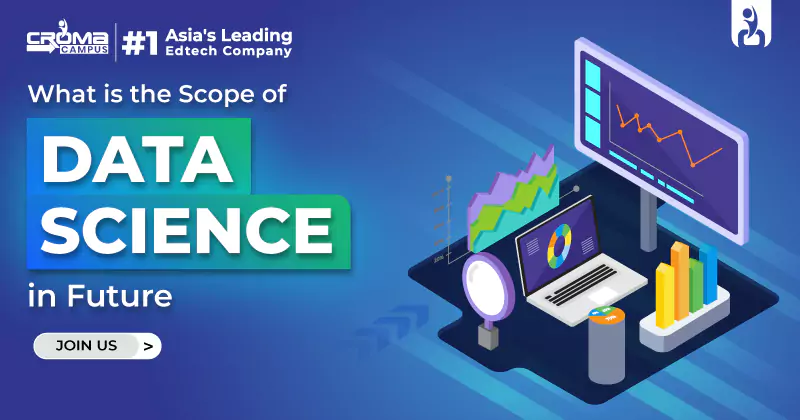

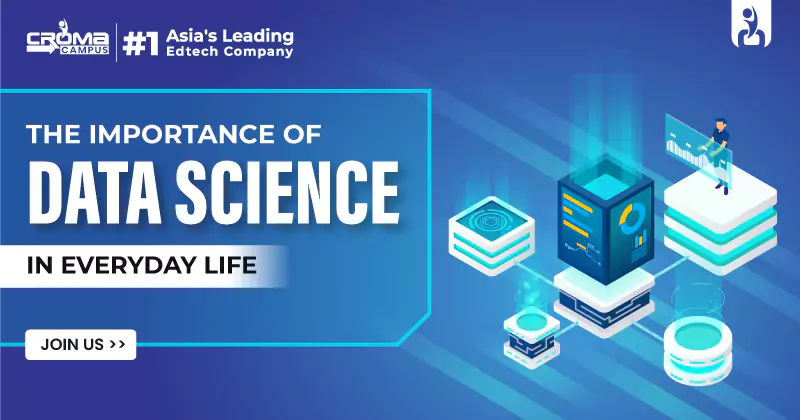
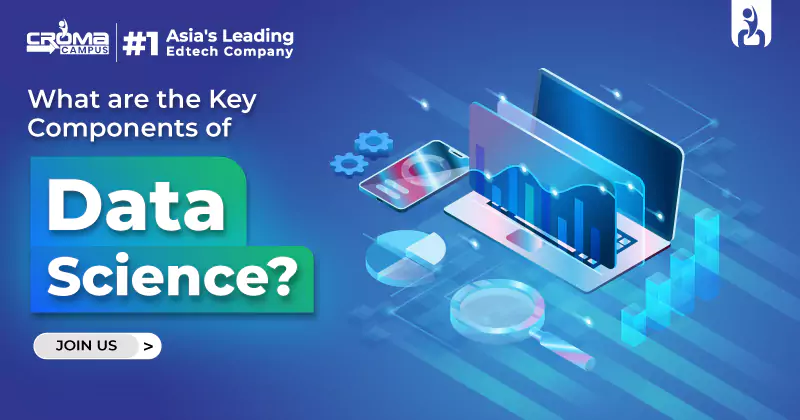

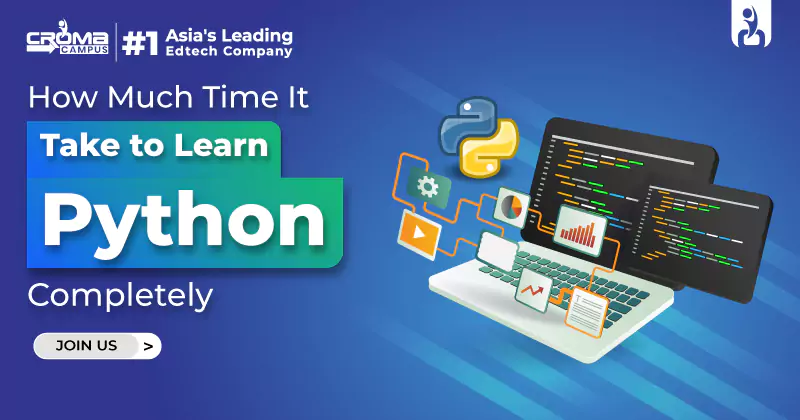
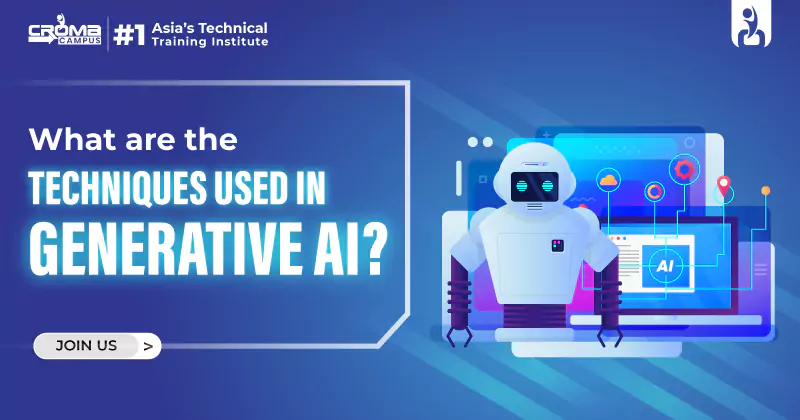

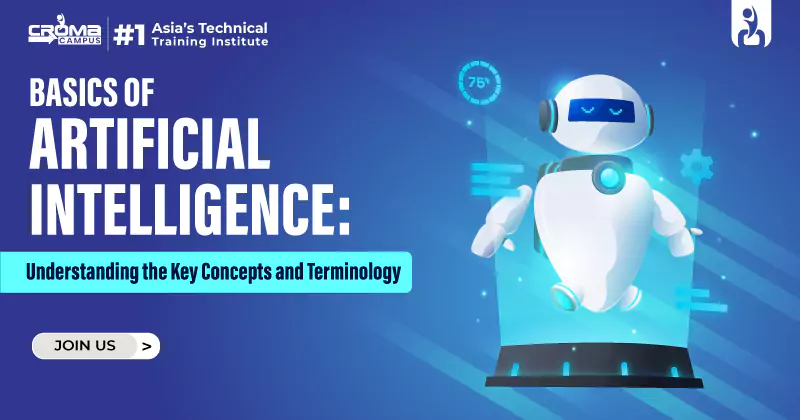










 Master in Cloud Computing Training
Master in Cloud Computing Training